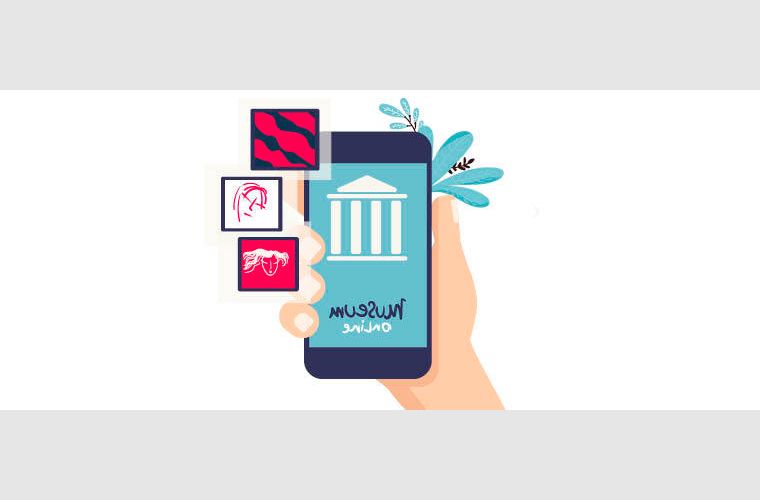In its role as the IFLA Preservation and Conservation Regional Center, Qatar National Library, in cooperation with the Arab League Educational, Cultural and Scientific Organization (ALECSO) and the Qatar National Commission for Education, Culture and Science, recently held an online lecture, “Using Virtual Reality to Preserve Memory, Heritage and Monuments in the Arab World.” The session raised awareness on the increasing use of modern technologies to preserve memory, heritage items and archaeological monuments in the Arab world.
The session was inaugurated by Dr. Hamda Al-Sulaiti, Secretary General, Qatari National Commission for Education, Culture and Science, and Dr. Mohamed Ould Amar, Director-General of ALECSO. Professor Dr. Aboul Ella Hassanien, Faculty of Computers and Artificial Intelligence, Cairo University, Egypt and the Founder and Chair of the Scientific Research Group in Egypt, was a key speaker at the session. The lecture was moderated by Professor Dr. Muhammad Al-Jemni, Director of the Information Technology and Communication Department from ALECSO.
The 90-minute online event, conducted in Arabic, was aimed at researchers, heritage professionals, archaeologists and the general public. During the session, the presenters showcased some of the world’s pioneering smart museums, such as the Louvre, the Solomon R. Guggenheim Museum and the British Museum. The session also highlighted some of the challenges with respect to technological capabilities in the region.
Commenting on the event, Stephane J. Ipert, Director of Distinctive Collections, Qatar National Library, said, “Modern technologies have transformed the field of preservation and conservation of heritage in the Arab world and has positively impacted archaeological methods and capabilities. It has helped knowledge centers like the Library discover new ways to safeguard Arab memory and monuments for future generations. The advent of new technologies is a welcome change in the field, giving rise to a new generation of digital conservationists, while promising to significantly alter human experiences forever.”
Virtual reality and 3D modelling are at the forefront of the technologies being explored in the Arab world. These methods have unleashed new potential, making the process more interactive and creating livelier displays using tools such as drones, the internet of things and digital duplicating.
The Library continues to provide educational and informative sessions to promote latest technologies and developments in the space. To stay updated about these opportunities, please visit the Events page on the Library’s website (www.qnl.qa/en/events).



